In This Dame and Age - Marketing For Good Event Recap
The Setup Women in Marketing series highlights the thoughts and advice of prominent marketing Brand and Agency leaders in companies such as Aflac, Mizuno, Great Clips, Lionsgate, Blackbaud, and Regal Cinemas. The takeaways from these blogs are not only informative, but incredibly insightful for any marketer on their career path.
The contributors’ powerful stories and advice led to our all-women networking events: In This Dame and Age, where we host discussions and connect women marketing leaders with one another.
Our prior events included discussing Creativity + Connection, Mentorship, Leadership Styles, and Career Stories.
Our latest event covered the theme “Marketing for Good - Turning Passions into Action.” Attendees included Setup Agency partners as well as members from established Brands at Cox, FIS, FedEx, Great Clips, Kimberly-Clark, The Home Depot, and more.
Over the hour, the group networked with one another and discussed the following categories and how these actions help marketers do good and which Brands are succeeding in that:
Cause-Driven Marketing
Empowering Communities
Building Trust and Authentic Connections
The Role of AI in Marketing
Before jumping into the session, we asked the group about some of the examples that we would reference later on in the presentation to get a “pulse check.”
Marketing for Good | Cause-Driven Marketing
Who is getting it right? We featured a slide at the beginning of each topic to discuss examples of Brands who are prioritizing each topic. Brands who are involved in Cause-Driven Marketing include: Patagonia, TOMS, Starbucks, Dove, LEGO, Warby Parker, and Ben & Jerry’s.
Brands are increasingly focusing on cause-driven marketing, which not only benefits the community, but also enhances Brand loyalty and consumer perception. For example, Patagonia’s sustainability initiatives, such as their "Worn Wear" program, encourages customers to repair, reuse, and recycle their products. This effort has led to the repair of over 100,000 products annually, the recycling of more than 82 tons of clothing since 2005, and has kept over 583,000 items out of landfills. Similarly, TOMS popularized the one-for-one model, where buying a pair of shoes results in a pair being donated to someone in need. They now commit a third of their profits to grassroots efforts, including promoting mental health, ending gun violence, and increasing access to underserved communities.
Overall, consumers ultimately want to see more good in the world. If there is a way they can use their money to support that, they will. Attendees of the event gave examples that they implement across their staff to do more good. This included:
Encouraging employees worldwide to volunteer through recognition and prizes
Offering Grant contests to support employees’ personal causes
Uniting staff and consumers over a common goal like a community garden between university staff members and the students they serve
Dedicating onsite volunteer hours where the work day is spent serving a community or organization
Doing good improves your relationship with customers which leads to:
Boosted Brand Loyalty and Trust
Enhanced Customer Engagement and Attraction
Revenue Growth
Employee Engagement and Retention
Positive Perception
Marketing for Good | Empowering Communities
Who is getting it right? Brands we featured included: Nike, Microsoft, Airbnb, Starbucks, Levi Strauss & Co., The Body Shop, Cotopaxi, and Popcorn for the People.
Community has always been important, but since 2020, we’ve seen Brands take their involvement in community more seriously, and Brands have the power and resources to evoke change.
Brands utilize their influence to create positive impacts in their communities - it makes them look better and creates fans, but also makes for meaningful work. There are so many Brands prioritizing and engaging with communities, some as obvious as Ronald McDonald House Charities, and others not as obvious like Tony Hawk. We decided to share a few in our conversation.
Starbucks, for instance, engages in local community projects and sustainable coffee sourcing, as well as providing college tuition for employees through a partnership with Arizona State University. Nike’s community store concept aims to hire local staff within a 5 mile radius of their stores and provides grants to local organizations and schools, promoting physical activity among youth through various community programs. This is their way to invest and build up communities by employing, empowering, and providing opportunities to residents. Another inspiring example is Popcorn for the People, which establishes jobs and careers for a neurodiverse workforce, focusing on respect, equal wages, and career advancement.
Brands can’t just engage with communities and forget them. Doing good looks like:
Empowering Local Solutions
Enhancing Social Impact through Brand Initiatives
Fostering Youth Engagement
Building Collaborative Networks
Leveraging Brand Influence for Social Good
Marketing for Good | Building Trust and Authentic Connections
Who is getting it right? Brands we featured included: Amazon, Zappos, USAA, Honest, Accenture, Apple, Costco, Intel, SAP, Slack, HubSpot, and L.L.Bean.
Marketing often has a negative stereotype that it is manipulative by nature. How can marketers build trust and authentic connections through marketing?
Build trust and authenticity by:
Pursuing Authentic Storytelling
Engage with the Community
Practicing Ethical Processes
Building Long-Term Relationships
Leveraging Reviews/Testimonials
Authentic storytelling and ethical practices is crucial to building trust with stakeholders, employees, and consumers.
Dove's "Real Beauty" campaign is a standout example of authenticity in marketing since it promotes self-esteem and challenges beauty stereotypes. These ads are timeless and continually gain traction because of their authentic message and positive impact.
Brands like Salesforce that are B2B still make an impact by emphasizing transparency and robust customer support, which creates long-term business relationships. People want to be supported and not taken advantage of.
People want to see themselves in the products they use, and that comes from marketers having a deep understanding of the consumer’s needs. Showcasing content created by your customers not only validates your Brand, but also creates a community feel where customers feel they are part of the Brand story.
Marketing for Good | The Role of AI in Marketing
Who is getting it right? Brands we featured included: IBM, Salesforce, KPMG, Accenture, Microsoft, SAP, and Google.
This is obviously a big topic in marketing. Different people have their own relationship with AI, but what is true is that it is a significant tool in marketing.
The Brands listed above illustrate how different organizations are addressing the challenges of AI adoption. They demonstrate that trust in AI can be built through a combination of transparency, ethical data handling, compliance with laws, active mitigation of biases, and ongoing education of all stakeholders involved.
There’s a lot of hesitancy when it comes to AI, primarily due to concerns over data privacy, bias, and the lack of transparency in AI decision-making processes.
Just like marketers have to rebrand themselves as not manipulative, marketers can build trust with their consumers while using AI by:
Responsible Data Handling
Ensuring Fairness with Human Oversight
Legal and Regulatory Compliance
Educating and Empowering Stakeholders
Companies like Microsoft and Salesforce are leading the way with their AI principles emphasizing privacy, transparency, and accountability. Marketers need to be diligent about AI’s power. The conversation highlighted the need for companies to set internal guidelines and policies for AI use to ensure ethical practices.
The capabilities of AI are vast and can serve your consumers like never before. The attendees discussed how AI can model cancer tumors to indicate the right type of treatment, showcasing the incredible potential of AI in healthcare.
By focusing on cause-driven initiatives, empowering communities, building authentic connections, and responsibly leveraging AI, marketers can not only enhance their Brand's reputation and form deeper connections with their consumers, but also contribute to a better, more equitable world and positive impact.



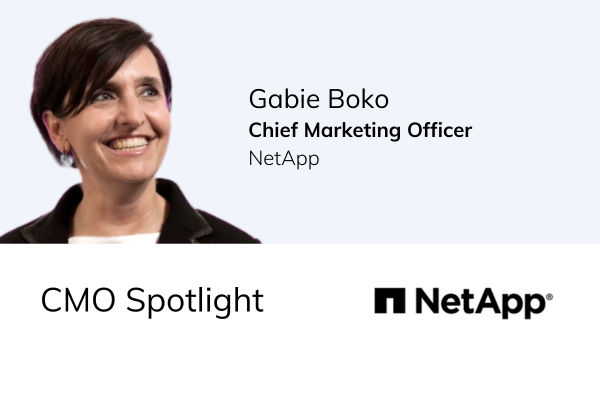


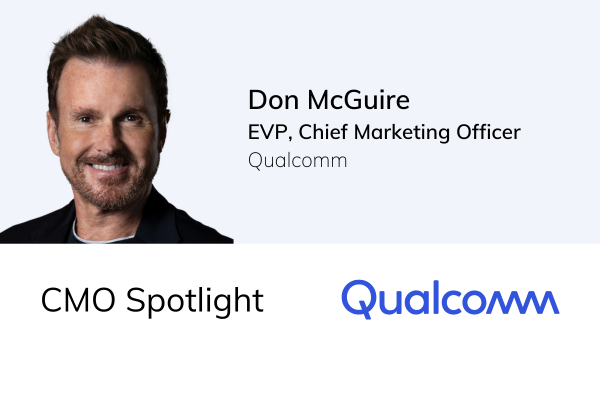
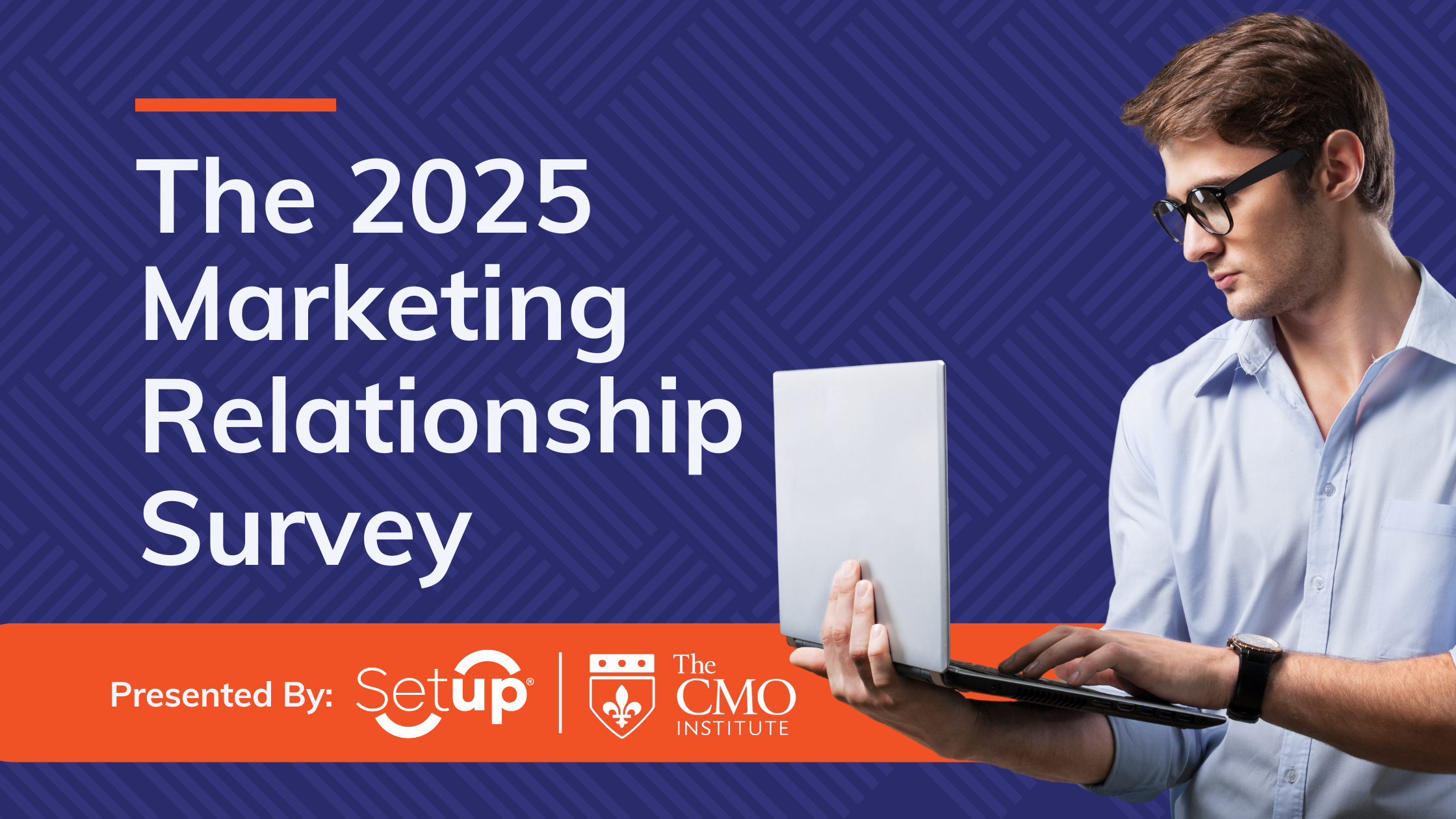
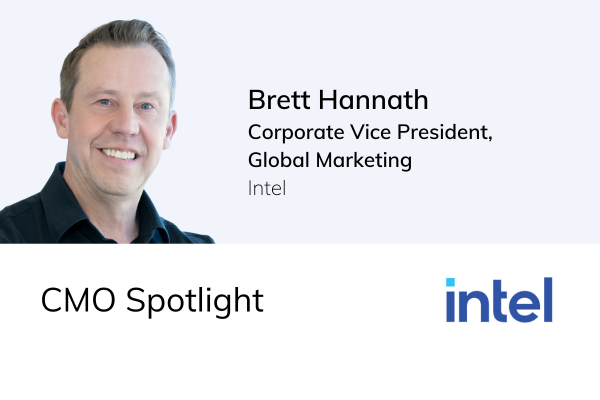
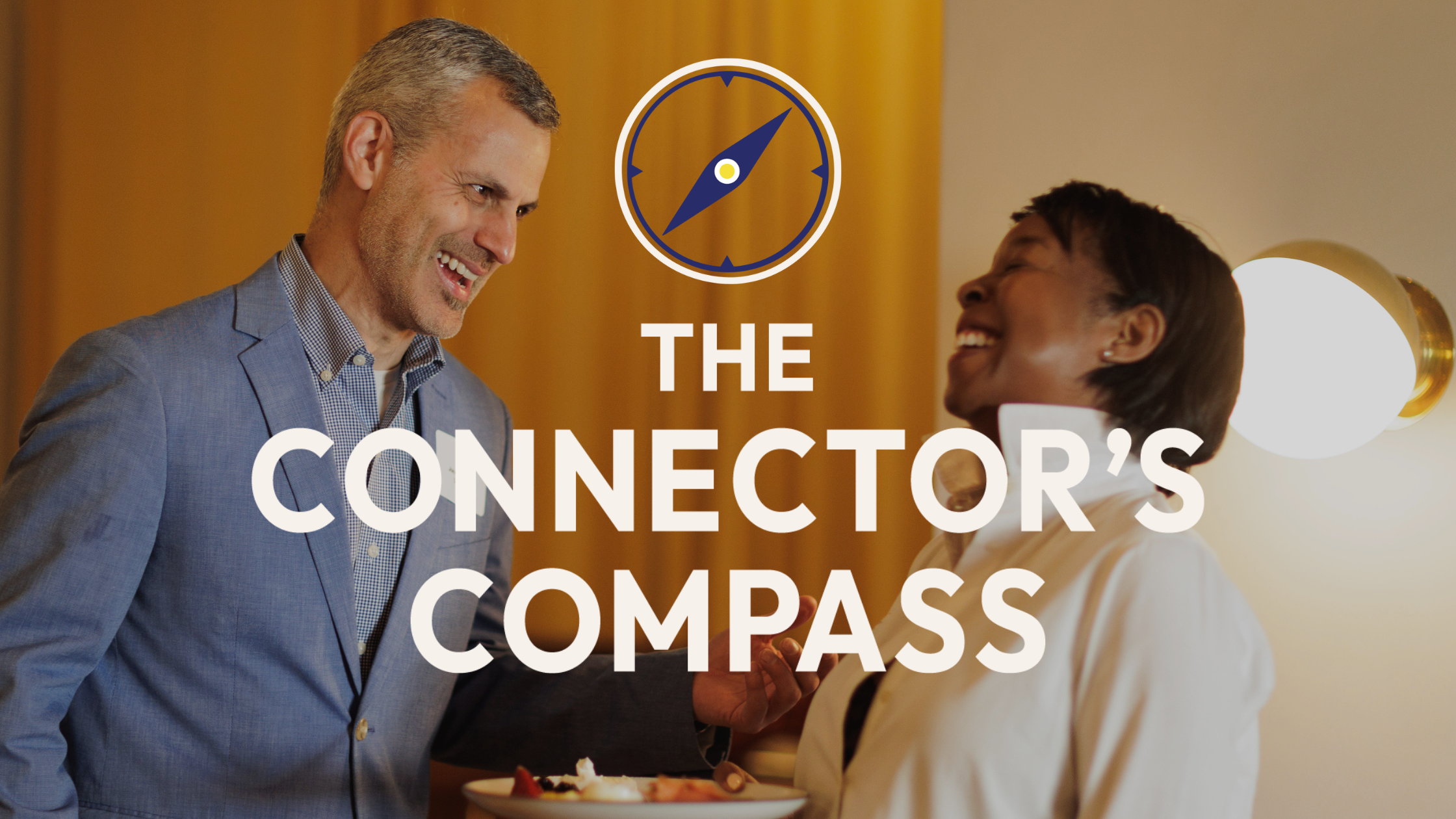










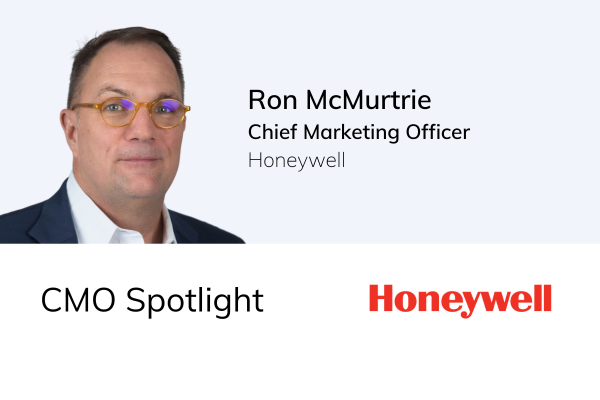











Setup’s 2025 Marketing Relationship Survey gives marketers a rare, honest look into what brands and agencies say is working and what quietly destroys partnerships.
The truth is that relationships fail because of patterns, mistakes that pile up over time, even after multiple warnings. So here are the most common red flags and green flags in the agency-client relationship based on what real marketers are telling us.